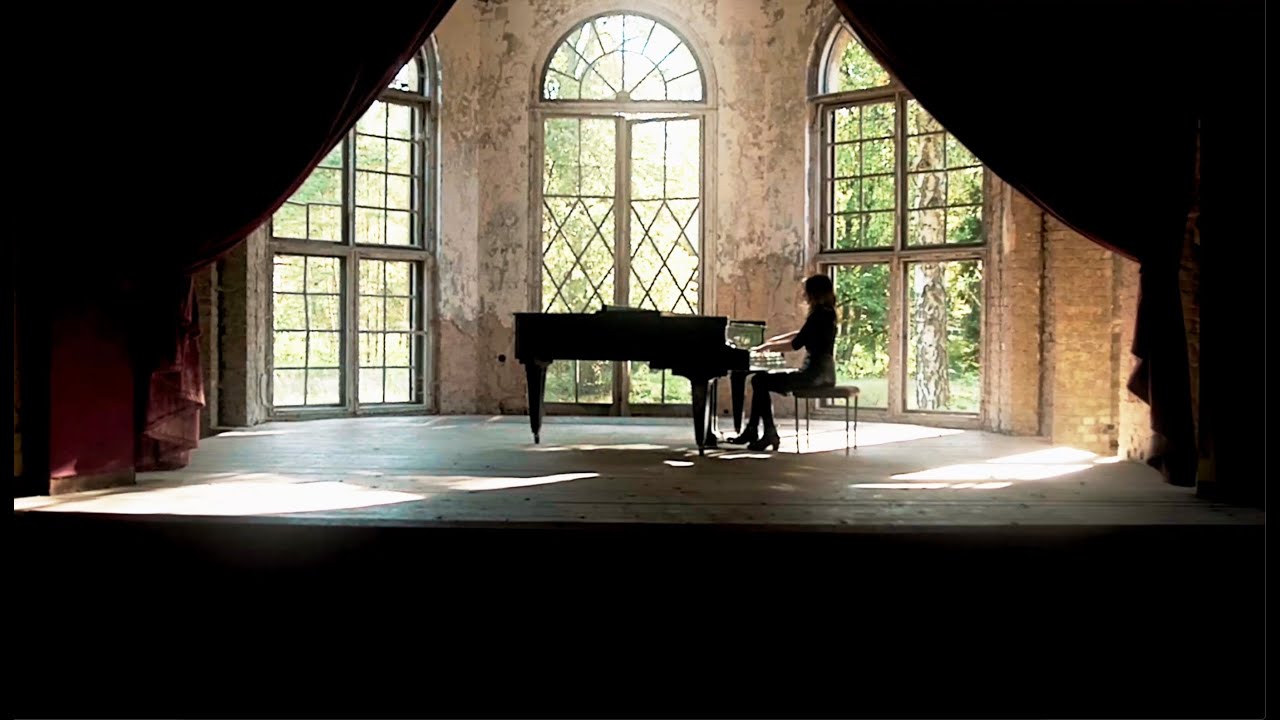
We Left The Camp Singing is a look at the musical culture in Theresienstadt, the ‘model’ ghetto the Nazis used for propaganda purposes. It was considered by the Nazis to be one of the less harsh places Jews were sent, that there were enough vestiges of a normal life to give the appearance to others, such as humanitarian inspectors, that the prisoners’ conditions were hard but not inhumane. In reality over 30,000 people died there and approximately 88,000 were deported from there to die at Auschwitz.
But Theresienstadt was a unique place. Many of those sent were Jews whose immediate murder might provoke an unwanted social response, namely elderly people, children, veterans for the First World War, and people who were famous or well-respected in their field. So Theresienstadt ended up with a lot of top class musicians, people who were extremely gifted. And despite initial Nazi repression, their performances were then capitalised on for public performances for propaganda purposes. However, it was for the people of Theresienstadt that the musicians played, to give them brief respite from the reality around them.
Beautiful work was composed and written there. Some of which were hidden inside mattresses, some inside the roofs and walls. Even now we are still recovering music that was made there. Great composers such as Pavel Haas, Gideon Klein, Rafael Schachter and Alice Herz-Sommer all did work while at Theresienstadt.
It was the work of Pavel Haas that first caught the attention of the filmmaker. She is an Italian pianist, and she was gripped when hearing a piece of Haas’s work for the first time. When she subsequently discovered that he had composed the work while in Theresienstadt, she had to know more. Her research led her to create this documentary, interviewing survivors about life in the camps, and about the role music played.
The survivors speak of the transformative power of music, its ability to release them from the place and time they found themselves in and transport them elsewhere. They talked of how it would nourish them, even when they were hungry. They talked of people working all day, exhausted from hunger and labour, still taking time at the end of their day to sing together in a choir. The filmmaker herself goes to the site where the ghetto stood, and in its old buildings, plays the music that was made here, letting the notes echo through its empty walls.
The subject is fascinating but I didn’t like how the documentary itself was put together. It was done in that style I dislike where the filmmaker centres themselves in the story, speaking about it as though it is their journey of discovery, showing their reactions while listening to interviews. I understand it’s meant to make the story personal and relatable, but it just gets my back up, it comes off as egotistical, like you are trying to eclipse your subject, believe your curiosity deserves to take screen-time away from those whose stories you are meant to be telling, that their stories somehow need your on-camera endorsement for an audience to listen, that you are taking the stories of others and slapping your branding over it to sell yourself. I know that’s not what’s intended in most cases, I know that this is a new filmmaker’s first film and that they trained as a pianist and not a documentary director, but still, I found it irksome. And because it was her first film, I can forgive a lot of it. It just bothered me.
Despite any flaws in its construction, this film shines a light on a fascinating subject.